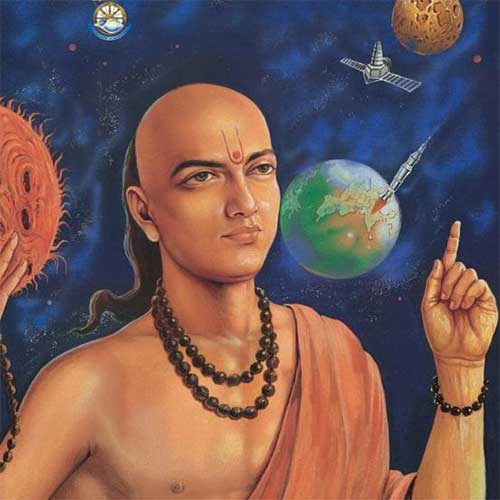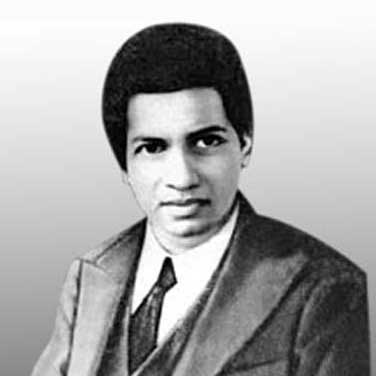Helping Organizations Make Informed Decisions
Data-driven decision-making refers to the process of basing business decisions (both internal policies and broad, strategic direction) solely on observable data. Our subject-matter experts and innovative thought leaders are able to provide unbiased answers based entirely on in-depth research and superior data analytics.











